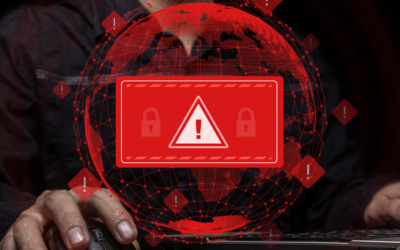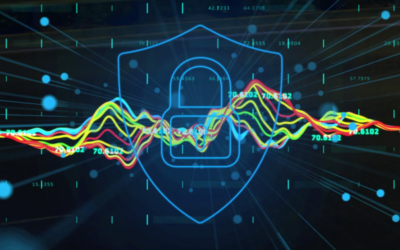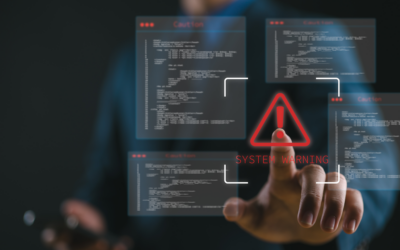A recent survey conducted by the audit, tax and advisory firm KPMG reveals that despite a growing number of attacks and breaches, C-suite cyber leaders are optimistic about the effectiveness of their defenses. The survey also highlights the growing importance of artificial intelligence (AI) in the fight against cyber threats.
Key Takeaways
According to the survey of 200 C-suite cyber leaders at companies with revenue of $1 billion and above, 40% reported that their company had suffered a recent cyberattack resulting in a security breach, with 38% experiencing one to three attacks.
Most security leaders (76%) expressed concerns about the increasing sophistication of new cyber threats, especially those who had experienced a cyberattack in the past year. The top concerns included threats from organized cyber criminal groups, insider threats from employees and contractors, and individual hackers.
Read More: Latest CISO Network Board Book Adds 250 Cybersecurity Experts
Interestingly, security leaders who had experienced a recent cyberattack were just as likely to feel confident about their Security Operations Center’s (SOC) oversight of risk areas and readiness for threats. Specifically:
- 73% of security leaders expressed a high level of confidence in their SOC’s understanding of the organization’s risk areas and vulnerabilities.
- 86% of security leaders were confident in their SOC’s readiness to prevent future sophisticated attacks
- 90% claimed their SOC had full visibility across their organization’s risk areas and vulnerabilities.
The Changing Role of AI in Cybersecurity
The survey also highlighted the growing importance of AI-based automation in cybersecurity. Two-thirds of security leaders considered AI-based automation very important for staying ahead of new threats and increasing the agility and responsiveness of their SOCs.
AI was seen as a “game changer” across all security functions, including identity management, monitoring, predictive analytics, and anomaly detection. Furthermore, 72% of security leaders identified themselves as “first adopters” of new cybersecurity solutions and services, with AI likely playing a significant role in driving this mindset.
While AI-based automation was seen as beneficial for SOCs, leaders rank trusting the reliability of AI recommendations (38%) as a top concern, followed by potential for employee backlash over potential job loss (30%), and the culture change required to build support for AI (30%). And 29% are concerned it will create new cybersecurity threats and vulnerabilities.
Resources for Security Leaders
The survey identified several challenges faced by security leaders, including:
- Operational issues such as security, data quality, and completeness (30%)
- Fatigue in navigating low fidelity alerts versus real threats (30%)
- Monitoring perimeters (25%)
- Delays in threat detection/remediation (24%)
Nearly a third (32%) say their SOC has difficulty determining the severity of threats and vulnerabilities.
When it comes to resources, a third (33%) said not enough headcount is a major issue, 48% said it is somewhat of an issue. More say they have ‘major issues’ with retention and attracting talent (47%), maintaining up-to-date knowledge/training (46%), and lacking specialized skills (45%).
Read More: U.S. Cybersecurity Jobs Plummet, Insider Threat Roles Hit Hard
Nevertheless, the survey revealed that most SOC leaders expect their headcount and budget to increase over the next two years to support their priorities. Specifically, two-thirds or more of security leaders reported that their SOC headcount and budget would increase in the next two years, with the majority (87%) expecting an increase of up to 20%. Leaders say their current annual SOC budget averages $14.6 million with most (37%) going to prevention and detection.
On Record
In a recent quote, Matt Miller, Principal of Cyber Security, KPMG, said, “The findings of this survey highlight the complex landscape that security leaders face in today’s digital world. Organizations continue to invest in security operations in order to evolve capabilities.
“They are also committed to reducing complexity through consolidation of technologies. And while there is optimism about the effectiveness of SOCs and the potential of AI-based automation, it is crucial for organizations to address the challenges and concerns identified to ensure the resilience of their cybersecurity defenses.”




